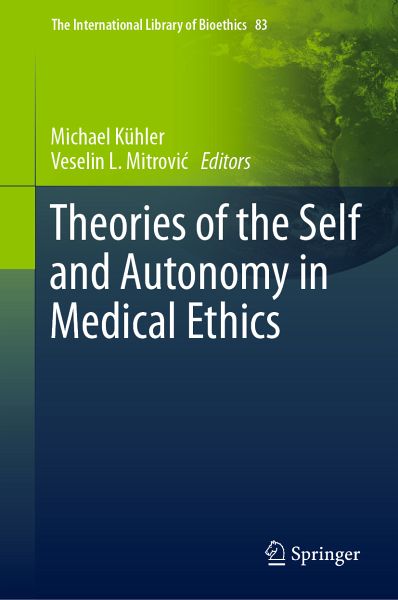
Theories of the Self and Autonomy in Medical Ethics (eBook, PDF)
Versandkostenfrei!
Sofort per Download lieferbar
88,95 €
inkl. MwSt.
Weitere Ausgaben:

PAYBACK Punkte
44 °P sammeln!
This book engages in a critical discussion on how to respect and promote patients' autonomy in difficult cases such as palliative care and end-of-life decisions. These cases pose specific epistemic, normative, and practical problems, and the book elucidates the connection between the practical implications of the theoretical debate on respecting autonomy, on the one hand, and specific questions and challenges that arise in medical practice, on the other hand. Given that the idea of personal autonomy includes the notion of authenticity as one of its core components, the book explicitly includes...
This book engages in a critical discussion on how to respect and promote patients' autonomy in difficult cases such as palliative care and end-of-life decisions. These cases pose specific epistemic, normative, and practical problems, and the book elucidates the connection between the practical implications of the theoretical debate on respecting autonomy, on the one hand, and specific questions and challenges that arise in medical practice, on the other hand. Given that the idea of personal autonomy includes the notion of authenticity as one of its core components, the book explicitly includes discussions on underlying theories of the self. In doing so, it brings together original contributions and novel insights for "applied" scenarios based on interdisciplinary collaboration between German and Serbian scholars from philosophy, sociology, and law. It is of benefit to anyone cherishing autonomy in medical ethics and medical practice.
Dieser Download kann aus rechtlichen Gründen nur mit Rechnungsadresse in A, B, BG, CY, CZ, D, DK, EW, E, FIN, F, GR, HR, H, IRL, I, LT, L, LR, M, NL, PL, P, R, S, SLO, SK ausgeliefert werden.












